7 unexpected things you should never pressure wash in your garden, according to experts
Pressure washing these everyday items and features in your garden could lead to serious damage
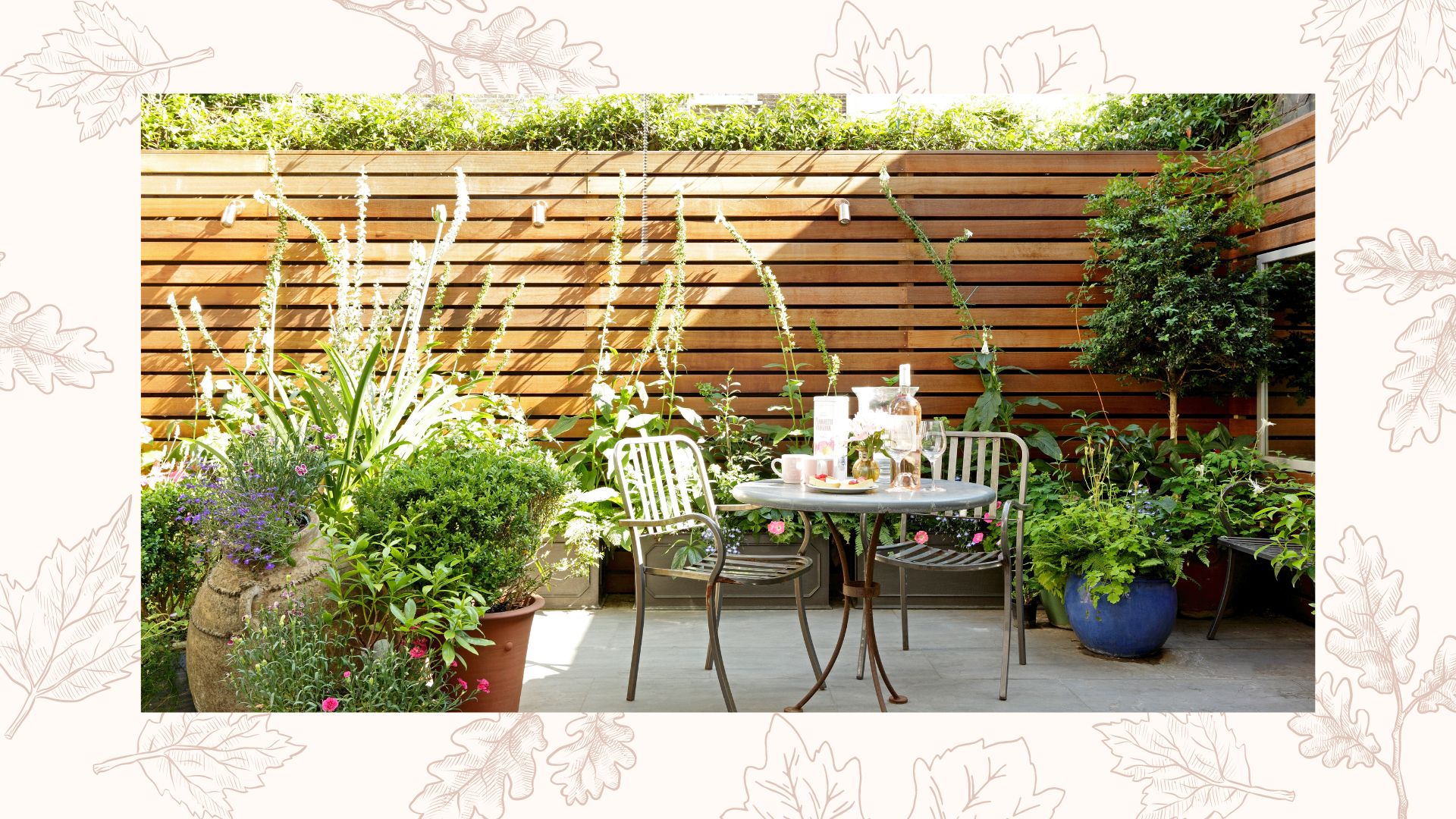

There's nothing quite as satisfying as giving your garden a thorough clean with a little help from your trusty pressure washer – watching the dirt seamlessly lift off surfaces is a sight to behold. However, there are unexpected things you should never pressure wash in your garden.
Taking pride in your outdoor space, whether that's by keeping up with the latest garden trends or investing in the best outdoor furniture, can be quite a mammoth task. That's why powerful tools such as pressure washers are so often used, as they make quick work of tough dirt and grime. But experts warn they shouldn't be used on all surfaces.
We spoke to concrete and garden furniture experts to get professional insight on what we should and shouldn't be using a pressure washer on and what could be damaging about this cleaning method. The answers might surprise you.
Things you should never pressure wash in your garden
We can wrongly assume that anything in the garden is built durable enough to withstand just about anything thrown at it. And yet, there are many surfaces and items in your outdoor area that you might've pressured washed before and really shouldn't have.
These are the seven things you should not be cleaning with a pressure washer...
1. Wooden Decking
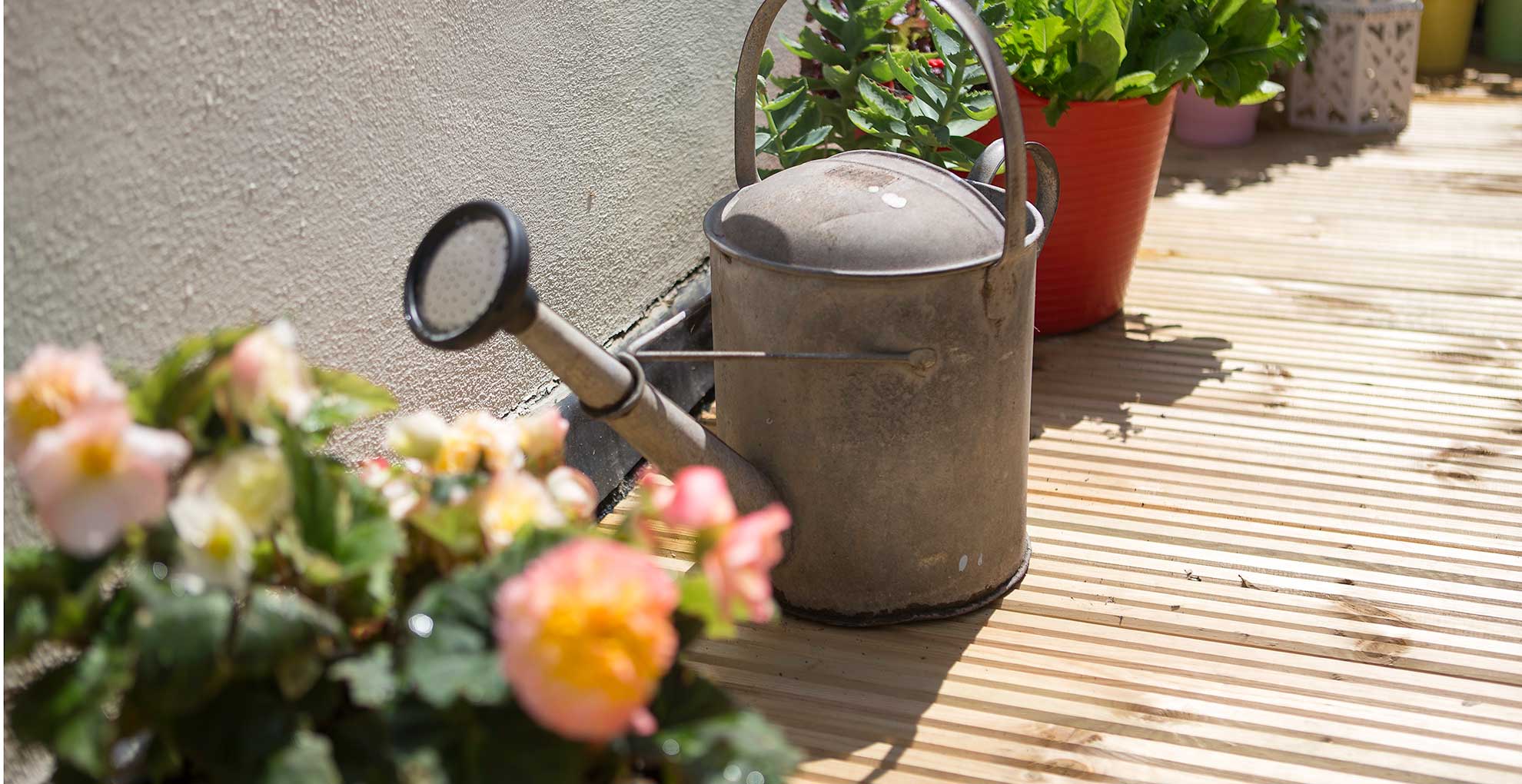
This one might certainly surprise you, as wooden decking presumably would be extremely durable, but using a pressure washer when cleaning decking could cost you a bomb in damages. And decking is certainly not a budget garden idea you can cost to lose.
"High pressure from a pressure washer will likely damage the wood, as well as any paint or protective coating the decking might have on it," explains Steve Chilton, director of LeisureBench outdoor furniture company.
Sign up for the woman&home newsletter
Sign up to our free daily email for the latest royal and entertainment news, interesting opinion, expert advice on styling and beauty trends, and no-nonsense guides to the health and wellness questions you want answered.
"Instead, I recommend using a specific decking cleaning product or mixing some warm water and some washing-up soap. Use a soft brush to clean in the cracks and scrub at any particularly dirty areas."
Should your decking be particularly stained then there is also the option to call in a professional who can effectively clean your decking without causing any unnecessary damage.

With several years in the field, Steve is now the director of the industry-leading garden furniture company LeisureBench. Whilst directing the company, Steve has developed strong expertise in all things outdoors and now helps educate customers on eco-friendly gardening and how to get the most out of their outdoor spaces.
2. Outdoor fabrics
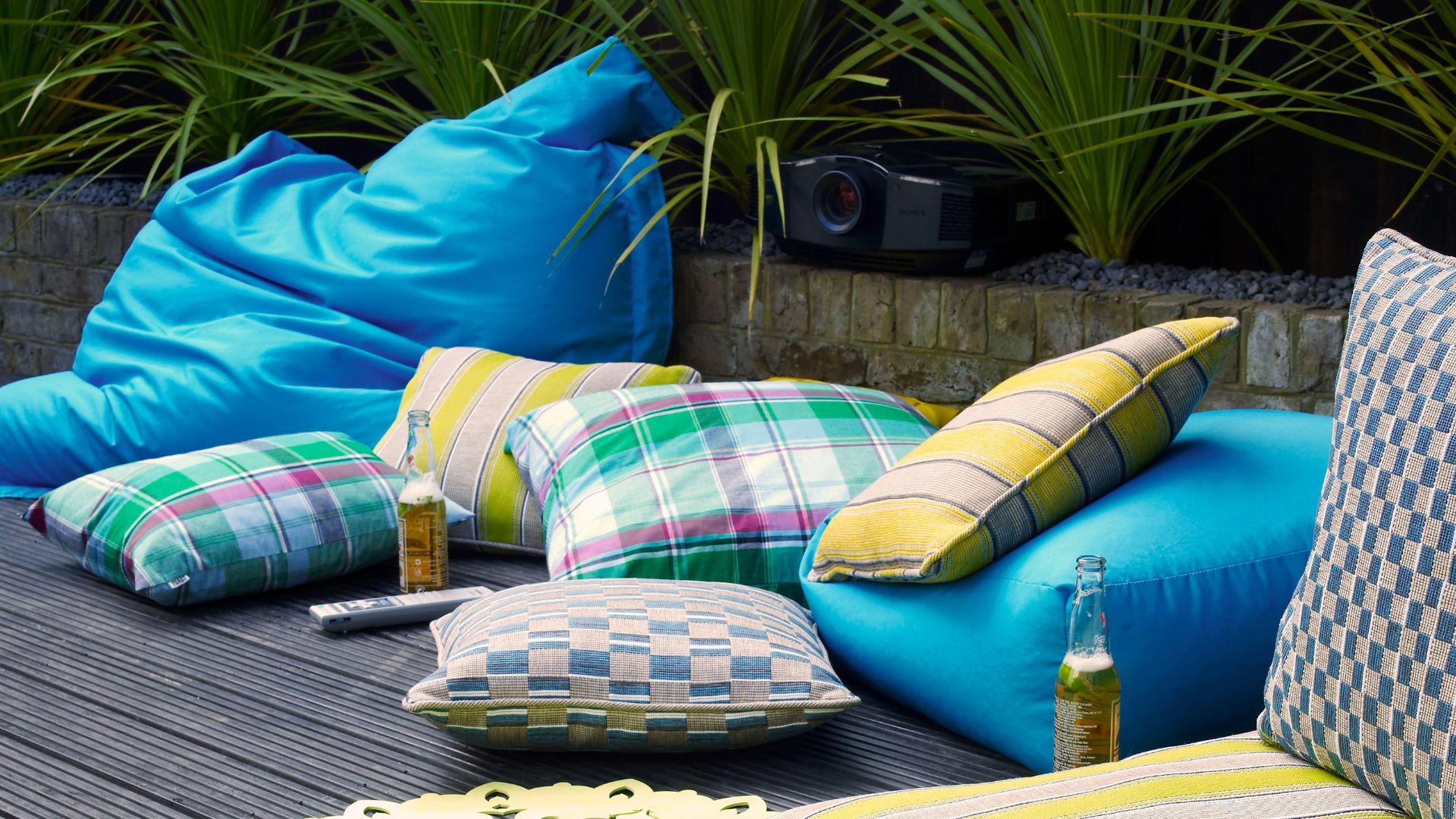
Outdoor living room ideas are filled with outdoor fabrics to welcome both colour and comfort to seating areas. But whether you are cleaning outdoor cushions or cleaning an outdoor rug, you should avoid reaching for your pressure washer for a quick fix.
Steve is quick to point out that the high pressure from the machine can tear and stretch outdoor fabrics, which could then lead to the growth of mould and mildew inside the cushions or furniture.
He says, "I recommend using warm soapy water as well, but you can also mix warm water and white vinegar to spot-clean your outdoor fabrics. Of course, you can always use the washing machine if your fabrics are suitable and able to be stripped and washed in this way."
We can recommend cleaning with vinegar to get rid of mould from fabrics, whether inside or out.
3. Decorative stonework
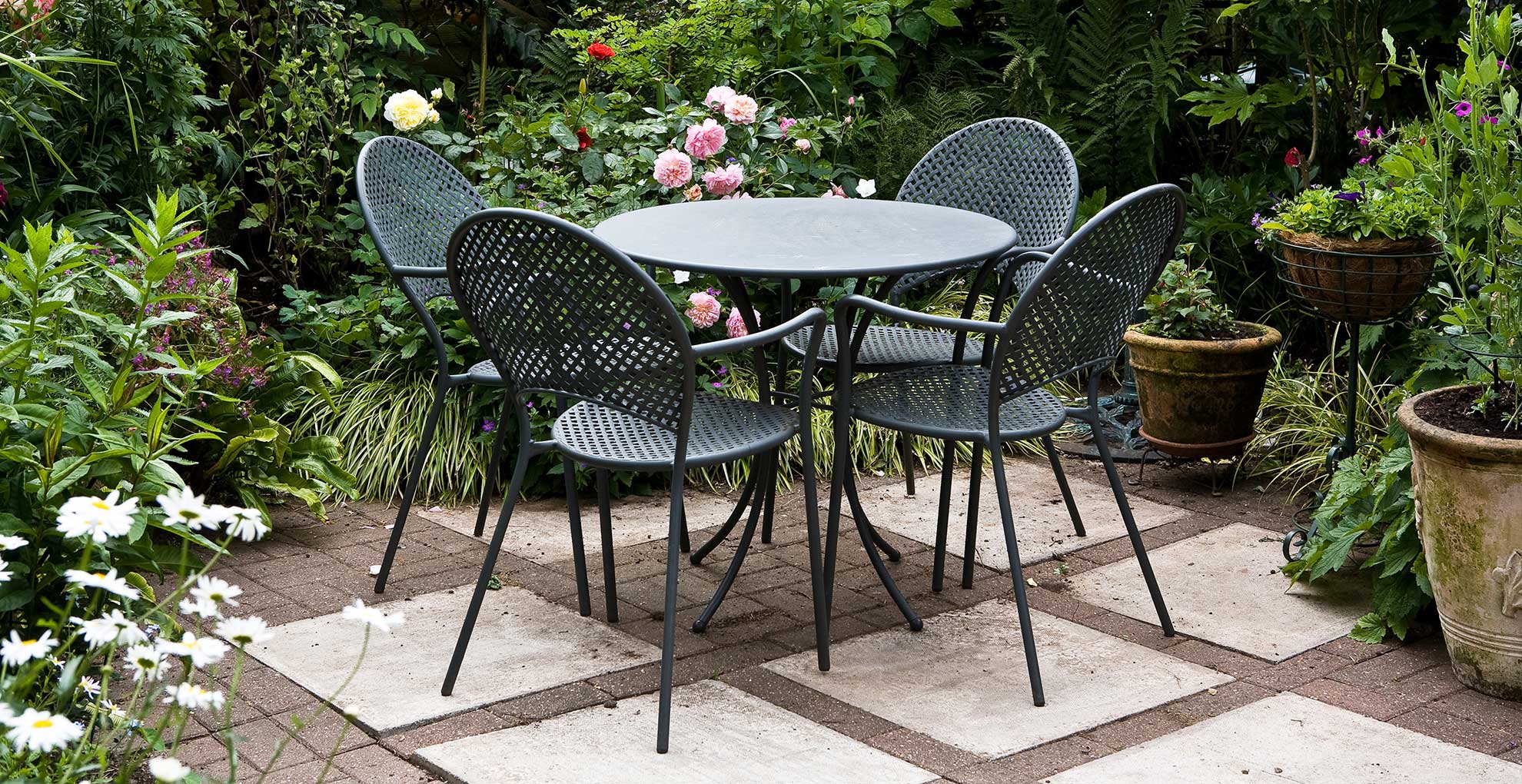
From knowing how to clean patio slabs we know you should avoid using a pressure washer on exterior stones. It also applies when tackling carved statues, rustic stone walls and any open brick elements in your garden.
Surface expert Tom Allen, owner of TGA Concrete Pumping, warns that any decorative stonework features often have delicate details and once the stone has been weathered it's even more susceptive to damage from high-pressure water.
"Using a pressure washer on decorative stonework can erode the surface, blur intricate designs, and even dislodge loose stones," he continues. To preserve these statement pieces in your garden, Tom recommends using a soft brush and mild detergent which will allow you to remove any dirt without sacrificing the craftsmanship of the stone decor.

With over nine years of experience running his company TGA Concrete Pumping, Tom has acquired invaluable expertise in concrete and landscaping work both on an industrial and residential scale.
4. Painted surfaces
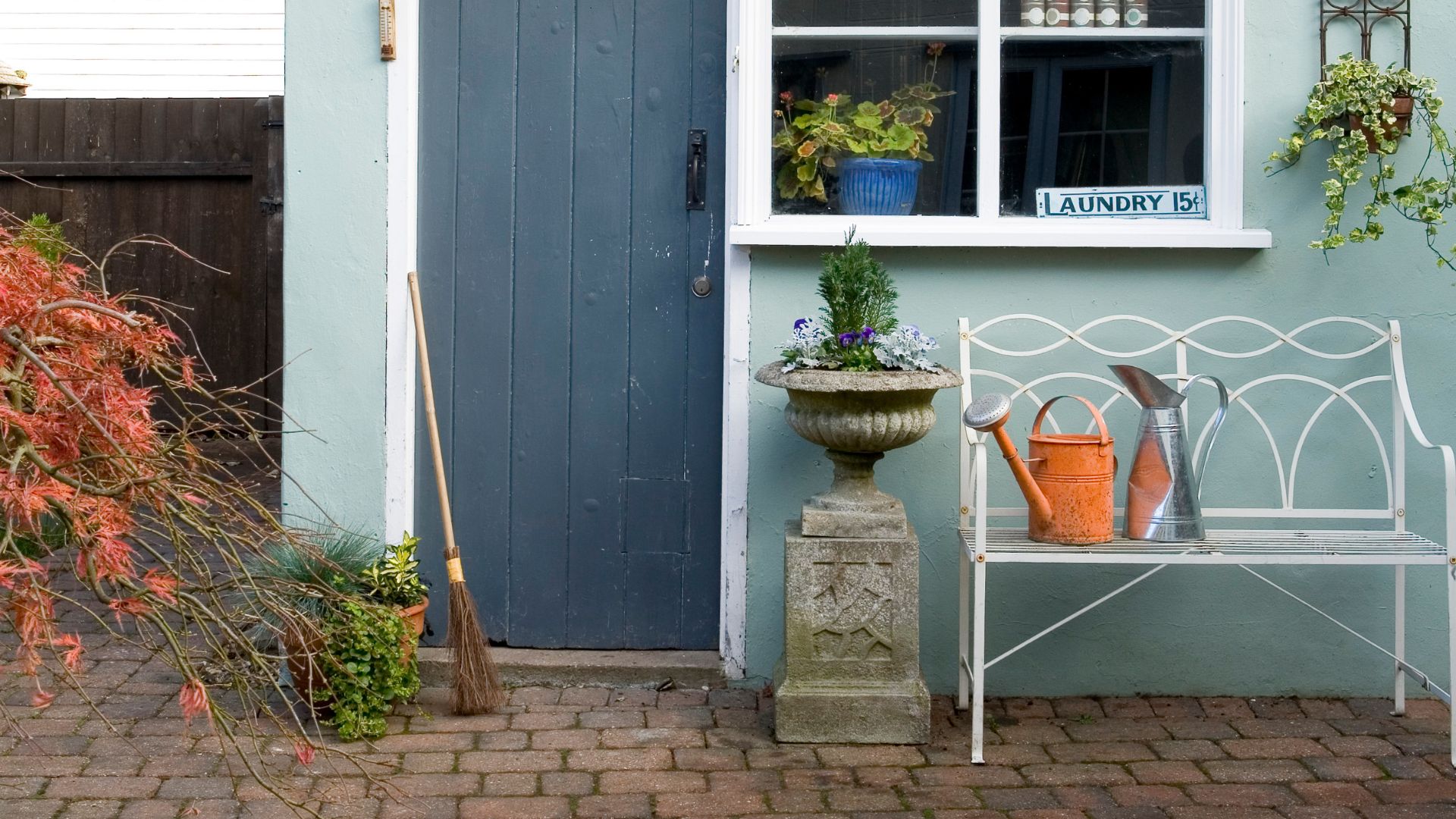
Whether it's walls, garden sheds or fence panels, bringing a splash of colour to our outdoor spaces is a great way to make your house look expensive from the outside. Over time you may find that the paint looks somewhat dirty or moss-covered and other plants have started to grow on the surfaces, but don't bring out the pressure washer just yet.
"Pressure washers can strip away paint, leaving behind a patchy and uneven finish," warns Tom. Instead of blasting your shed walls with high-pressurised water, Tom suggests sticking to a more gentle method such as a bucket of soapy water and a soft brush. However, if the stains persist, and the green isn't going anywhere fast then definitely consider a fresh lick of paint.
5. Outdoor furniture
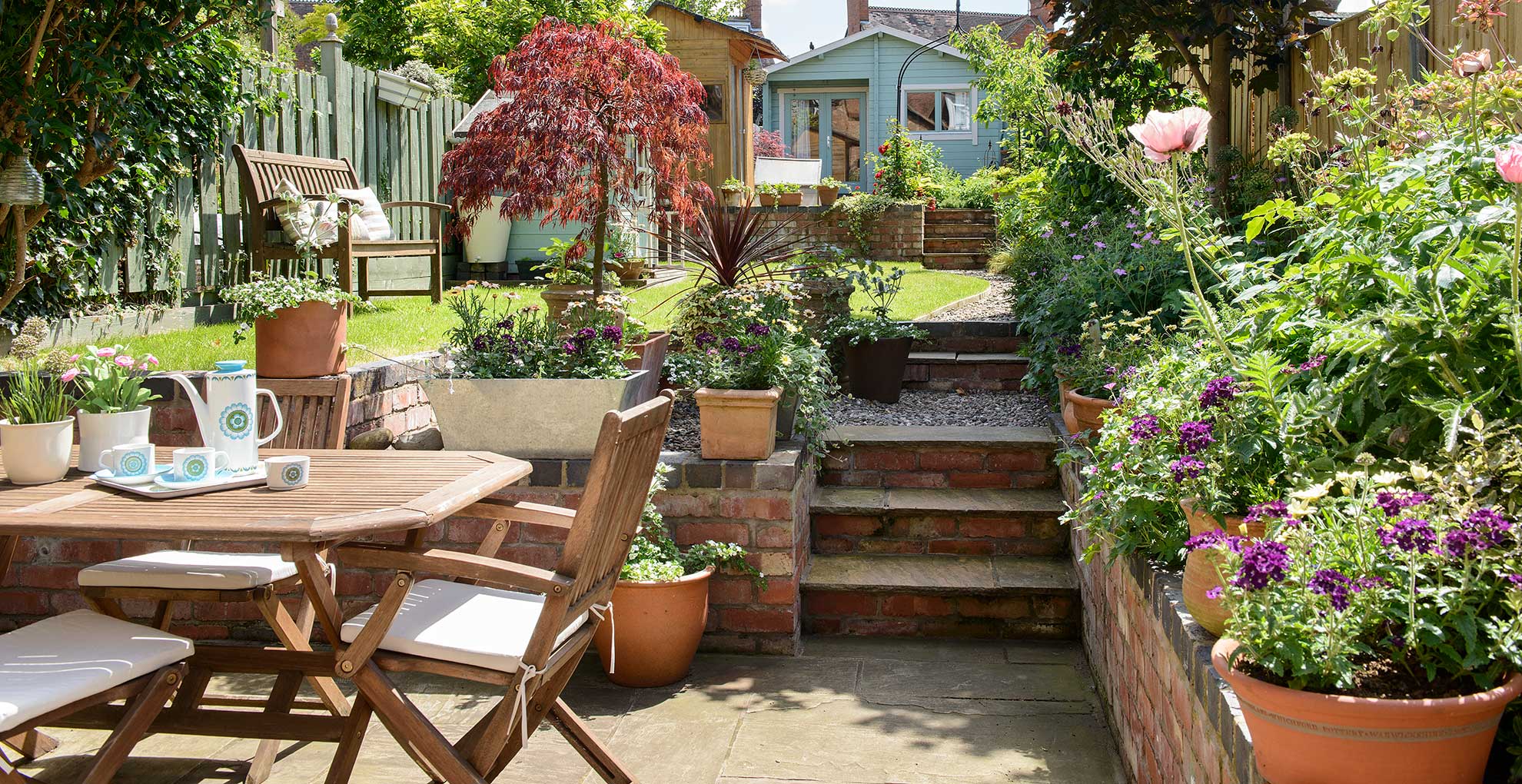
While it can be tempting to blast the winter cobwebs away with a pressure washer, we know from experts who guided us through the steps for how to clean wooden garden furniture that a pressure washer is not widely recommended.
Similar to the reason why you shouldn't clean outdoor fabrics the reason you shouldn't be cleaning garden furniture with a pressure washer, be it wooden or rattan, is to avoid using excessive force that can damage the surface. A simple solution of soapy water and a soft cloth is all you need to retain a pristine exterior.
6. Delicate Garden Ornaments
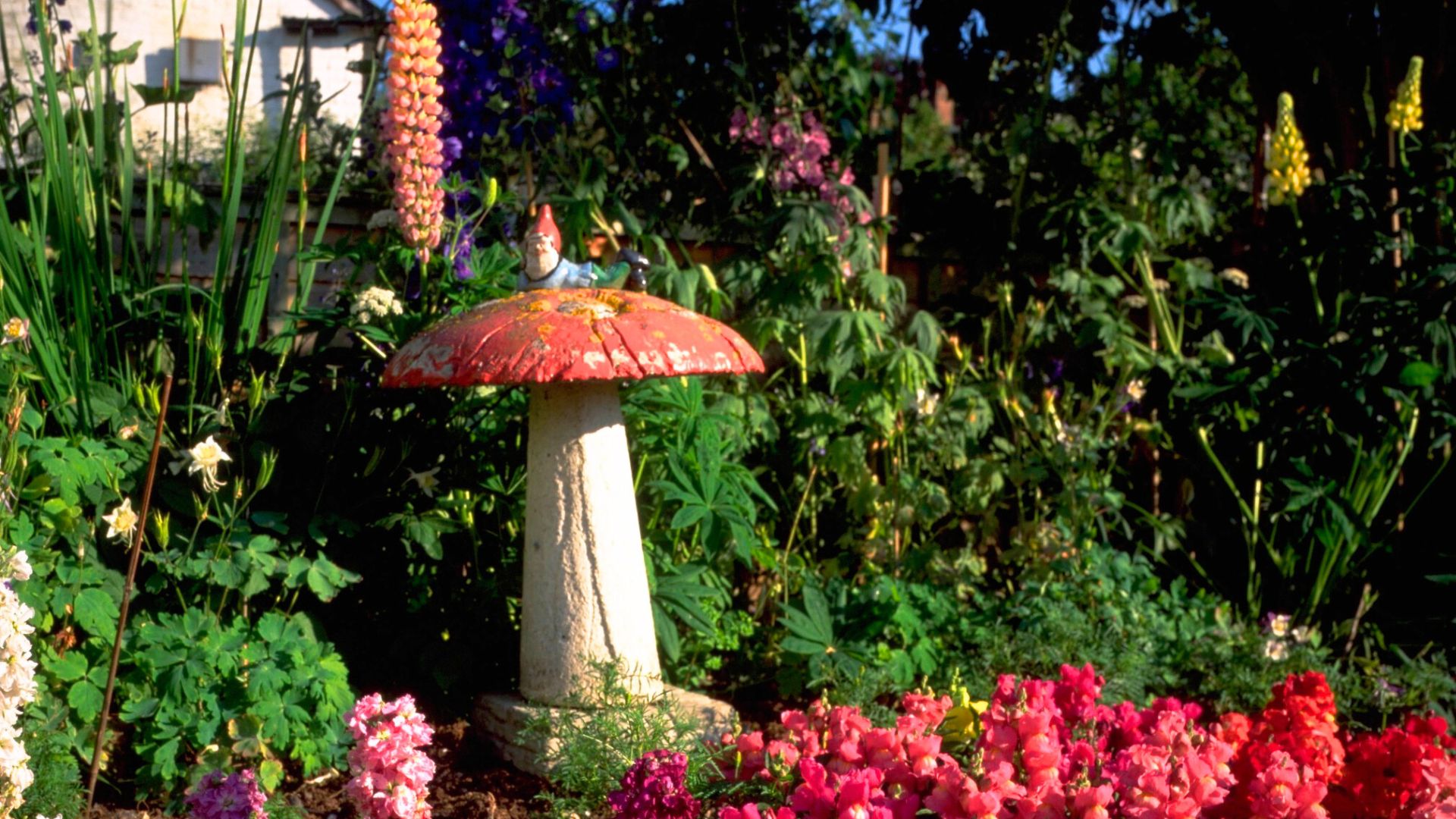
Similar to decorative stonework, using a pressure washer on any delicate garden ornaments you may have in your garden can lead to breakages and cracks.
Tom says, "Many garden ornaments add character and charm to outdoor spaces, many are too delicate to withstand the force of a pressure washer." Especially if you're one for sustainable garden ideas and your ornaments are vintage or secondhand.
Instead of risking any damage to ceramic, porcelain or glass ornaments, Tom recommends using a soft brush or sponge with warm soapy water.
Should your ornaments need a bit of a deeper clean then cleaning with baking soda can help, as the gentle abrasion will lift off tougher stains without causing further damage.
7. Electrical fixtures and outlets
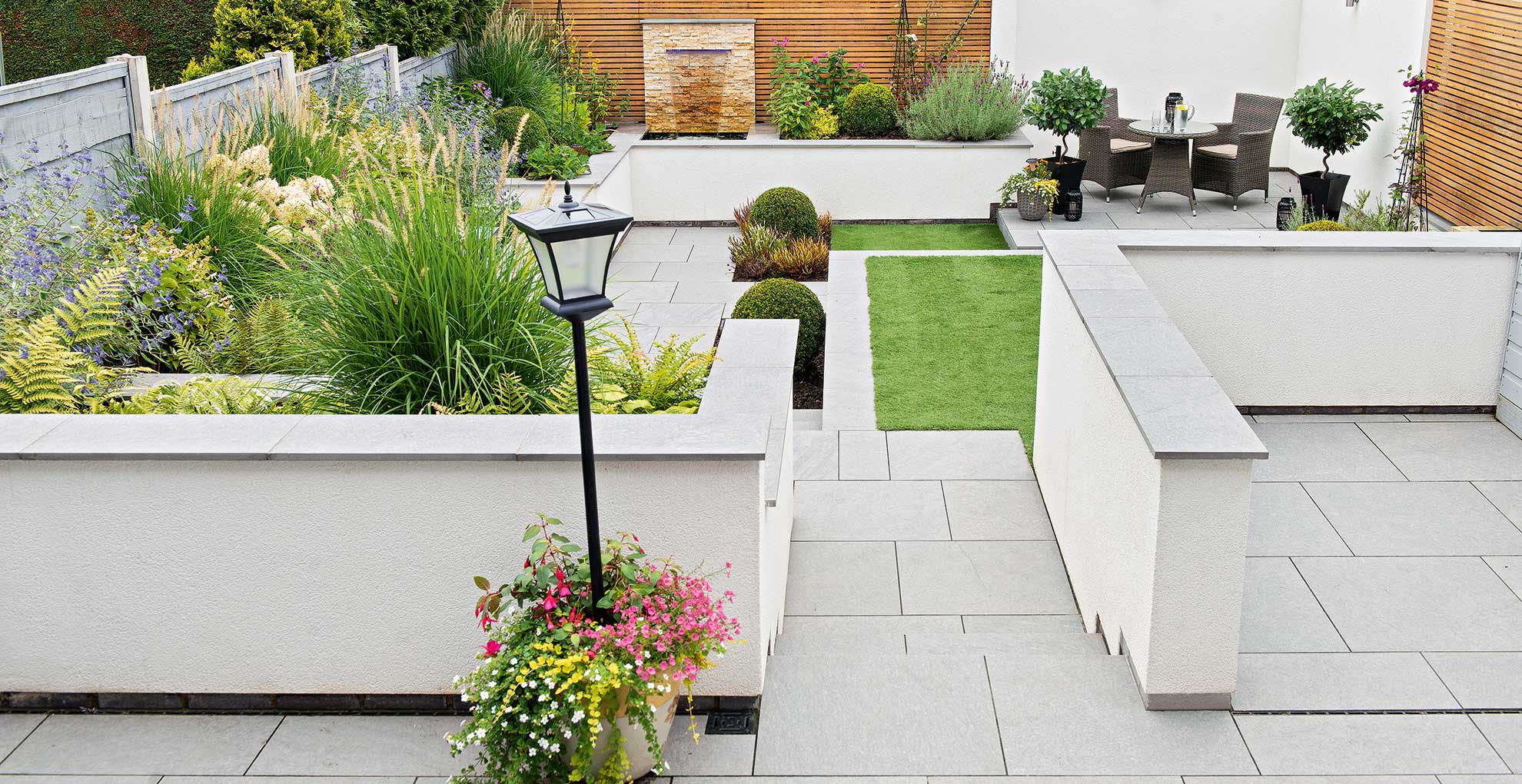
Now this may seem like an obvious one, but outdoor plug sockets and nearby electrical tools can get in your pressure washers way before you've even realised. Your grass-encrusted lawn mower might seem enticing to clean but going anywhere near it with high-pressure water is extremely dangerous.
Steve is quick to warn about internal damage to electricals too, he says, "Even if you don't notice any damage to them straight away, the damage can be done internally which can be dangerous. I recommend cleaning them very gently by hand with a slightly damp cloth."
The key is to keep the amount of water you're using to a minimum and only use a cleaning agent that's designed specifically for electrical items and outlets.
With all the garden laws you could be breaking in your outdoor space, pressure-washing the wrong areas isn't quite the worst but it's important to keep in mind on your next clean. Only using a pressure washer on surfaces and items that are truly durable and capable of surviving the water velocity will ensure your garden stays looking its best for the longest.

Emily joined woman&home as a staff writer after finishing her MA in Magazine Journalism from City University in 2023. After writing various health and news content, she now specialises in lifestyle, covering unique cleaning hacks, gardening how-tos, and everything to help your houseplants thrive.
-
 Dr Amir Khan reveals the 5 symptoms you should 'never' ignore, no matter how 'vague' they are
Dr Amir Khan reveals the 5 symptoms you should 'never' ignore, no matter how 'vague' they areDr Amir Khan, a GP who often appears on ITV's Lorraine, took to Instagram this week to share the symptoms he'll always take a second look at
By Grace Walsh
-
 Head to Hobbs for holiday-ready linen and the most elegant summer dresses you’ll find on the high street
Head to Hobbs for holiday-ready linen and the most elegant summer dresses you’ll find on the high streetWondering where to shop for a chic summer wardrobe? Hobbs has you covered
By Caroline Parr